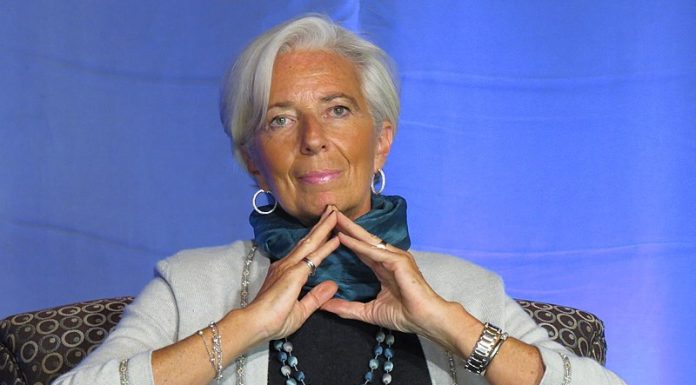
By Dutch MEP Sander Smit, delegation leader of the Dutch FarmerCitizenMovement (BBB, EPP Group)
Last week, the European Parliament showed its worst side. The Parliament was expected to take a clear stance on simplifying the Corporate Sustainability Reporting Directive (CSRD) and the Corporate Sustainability Due Diligence Directive (CSDDD). In a secret vote, the socialists refused to play ball. Together with the right flank of the Parliament—supported by the Greens and the far left—they torpedoed the proposal.
Negotiating with the Left on Competitiveness Is a Dead-End Road
It has been nearly a year and a half since Mario Draghi presented his report on European competitiveness. During the previous parliamentary term, competitiveness was severely undermined by suffocating economic measures that are only now beginning to take full effect. Consider the CO₂ border levy (CBAM) and the planned ban on internal combustion engines in 2035. These decisions were pushed through by a left-wing majority of socialists, Greens, liberals, and far-left parties—often without the involvement of the centre-right EPP group. That same left-wing dominance was convincingly rejected by voters in the 2024 European elections.
It was therefore to be expected that the right-wing groups, such as the conservative ECR, PfE, and ESN, would not support last week’s proposal. Their own counterproposal to the EPP group had been much more ambitious than the version eventually put to a vote on Wednesday. An agreement was truly within reach.
Yet the EPP group chose stability and struck a deal with the liberal Renew group and the socialists. With this, the centre-right bloc wanted to demonstrate that the so-called “pro-European” coalition—an informal alliance of socialists and left-liberals, as it is known in Brussels corridors—could indeed address the challenges of competitiveness. But part of the socialist group, led by Lara Wolters—who in the previous legislature was a driving force behind measures that weakened competitiveness—refused to go along. This once again underscores how unreliable the European socialists are when it comes to safeguarding our economic strength.
Quo Vadis, EPP?
The centre-right EPP group now stands at a crucial crossroads: will it continue to cling to the “pro-European” middle ground, or will it finally embrace the broader centre-right cooperation long advocated by the Dutch Farmer-Citizen Movement (BBB)? A cooperation that includes the Conservatives of ECR and the right-wing Patriots—the so-called Venezuela coalition.
It is now up to the right-wing groups, and especially the Patriots, with the Dutch PVV as a key player, to show that they are genuinely open to cooperation. It is understandable that they expect the EPP group to reach out—not merely to use the Venezuela coalition as a bargaining chip. But the Patriots’ response must also be genuine: a willingness to compromise, without insisting that every detail be perfect.
When it comes to competitiveness, it is five minutes to midnight for the EU. If we fail to act decisively now, the impoverishment of Europe’s citizens looms large. It is high time to break the political taboos within the EU institutions. On competitiveness, the EPP group must consistently draft and advance proposals together with the ECR group. The resulting majority could hardly be overturned—neither by the more moderate liberals in Renew nor by the Patriots and ESN. Such a coalition would also command a majority within the College of European Commissioners.
The EPP group faces a clear choice: will we finally look to the right and deliver the concrete results our voters expect—or will we continue to hope that the socialists will press the right button next time?
Originally published in Dutch by BrusselseNieuwe.nl
Disclaimer: www.BrusselsReport.eu will under no circumstance be held legally responsible or liable for the content of any article appearing on the website, as only the author of an article is legally responsible for that, also in accordance with the terms of use.












